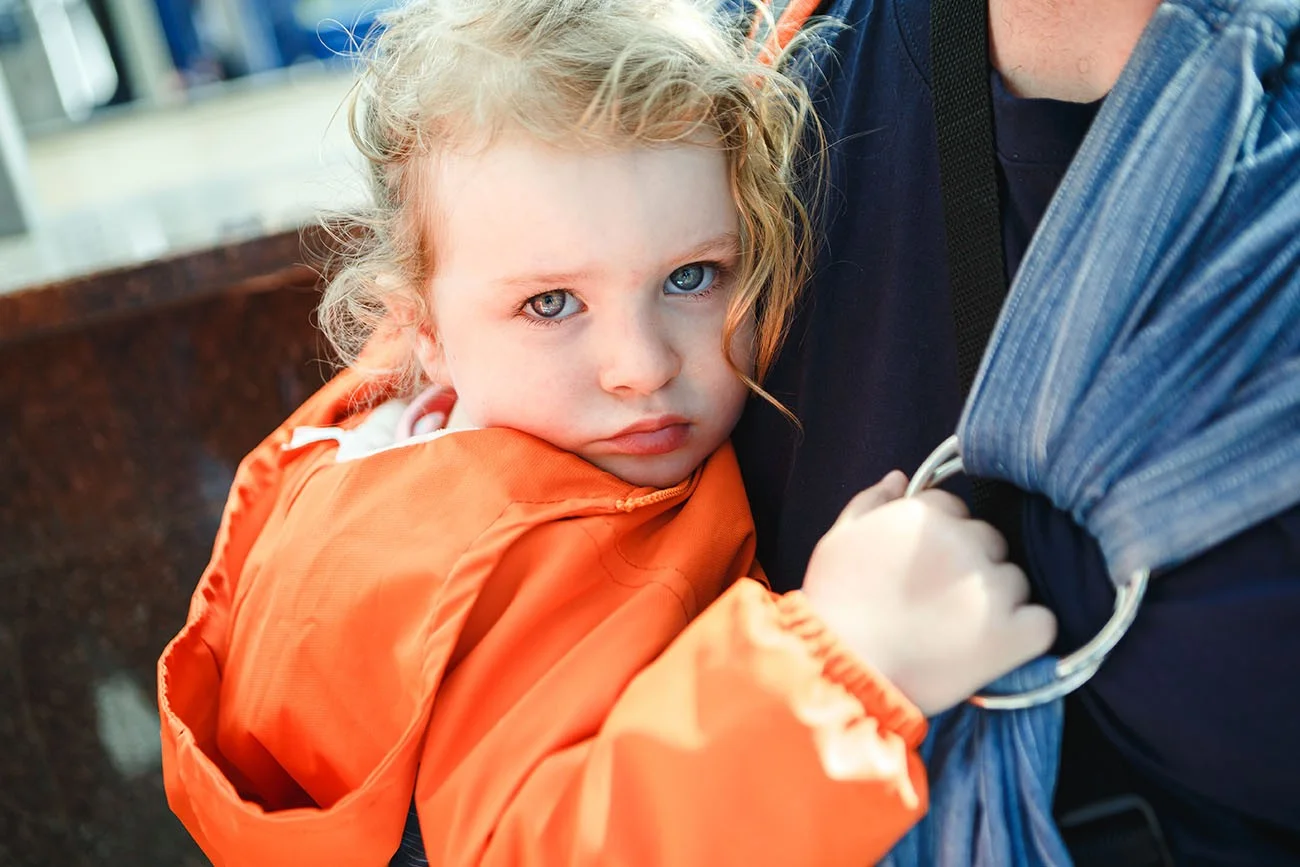UNICEF is calling on governments and the public to support humanitarian assistance programs for 173 million people in 155 countries and territories, including more than 110 million children. These people are suffering the most from humanitarian crises, the impact of the COVID-19 pandemic and the increasing threat of climate-related extreme weather events. A total of US$10.3 billion will be needed for these programs in the coming year.
“Today, there are more children in need of humanitarian assistance than at any other time in recent history,” said UNICEF Executive Director Catherine Russell. “Across the globe, they are facing a deadly mix of crises, from conflict and displacement to disease outbreaks and soaring rates of malnutrition. Meanwhile, climate change is making these crises worse and unleashing new ones. It is critical that we have the right support in place to reach children with decisive and timely humanitarian action.”
At the beginning of this year, an estimated 274 million people were in need of humanitarian assistance and protection. Over the course of the year, these needs have increased significantly, mainly due to conflict, including the war in Ukraine. This has been compounded by increasing food insecurity, the threat of famine due to climate-related and other factors and the devastating floods in Pakistan. The resurgence of diseases such as cholera and measles poses an additional threat to children in emergency situations.
The continuing impact of the COVID-19 pandemic and global economic problems and instabilities, including inflation and the rising cost of food and fuel, have had a devastating impact on the lives and wellbeing of millions of the world’s most vulnerable children.
Climate change is also exacerbating the scale and intensity of emergencies. The last ten years have been the warmest on record, and the number of climate-related disasters has tripled in the last 30 years. Today, over 400 million children live in areas of high or extreme water scarcity.
At the same time, children are crossing borders in record numbers, either with their families, separated from them or unaccompanied. In total, almost 37 million children have been displaced worldwide due to a variety of crises – more than at any time since the Second World War.
With funds from its global Humanitarian Action for Children appeal, in 2023 UNICEF aims to:
- Treat 8.2 million children for severe acute malnutrition;
- Vaccinate 28 million children against measles;
- Ensure access to safe water for drinking and domestic needs for 63.7 million people;
- Provide 23.5 million children, adolescents and caregivers with access to mental health and psychosocial support;
- Provide 16.2 million children and women with access to risk mitigation, prevention and/or response interventions in relation to gender-based violence;
- Provide 32 million people with safe and accessible channels for reporting sexual exploitation and abuse by staff who are providing assistance to affected populations;
- Promote access to formal or non-formal education, including early years, for 25.7 million children.
UNICEF requires the largest amounts of funding for:
- Afghanistan: US$1.65 billion
- Ukraine and assistance for people fleeing Ukraine: US$1.058 billion
- Syrian refugee crisis: US$867 million
- Democratic Republic of the Congo: US$862 million
- Ethiopia: US$674 million
“The devastating impacts of climate change are an ever-present threat to children,” said Russell. “Which is why we are prioritizing climate adaptation and resilience building as part of our humanitarian response. This will help us to reach children living through today’s crises, while also helping them and their communities prepare for those yet to come.”
Putting national and local organizations at the center of humanitarian action is a key strategy in UNICEF’s humanitarian response. Key results in 2022 were made possible through UNICEF’s partnerships with humanitarian country teams, UN agencies, civil society and non-governmental organizations, national and local aid workers and resource partners.
In 2022, UNICEF has so far:
- Vaccinated 23.8 million children against measles;
- Treated 2.6 million children for severe acute malnutrition;
- Provided 28 million children with access to formal and non-formal education, including early years;
- Provided 13 million children, adolescents and their families with access to psychosocial support;
- Provided 25.9 million people with clean water;
- Provided 5.5 million people with safe and accessible ways to report cases of sexual exploitation and abuse;
- Reached 4.2 million children and women with gender-based violence prevention and support interventions.
In the face of unprecedented humanitarian needs, UNICEF is calling on its partners to increase their support for lifesaving humanitarian assistance for children, maximize the flexibility of these financial resources, prioritize climate-adaptive action and preparedness measures, adopt a no-regrets approach to preparedness and response, and ensure equitable humanitarian assistance based on firm principles.
Information for editors:
- The Humanitarian Action for Children appeal is available here.
- Image and video material can be found here.
- Enquiries and contact: UNICEF Switzerland and Liechtenstein, Jürg Keim, Media Office, j.keim@unicef.ch, +41 44 317 2241
